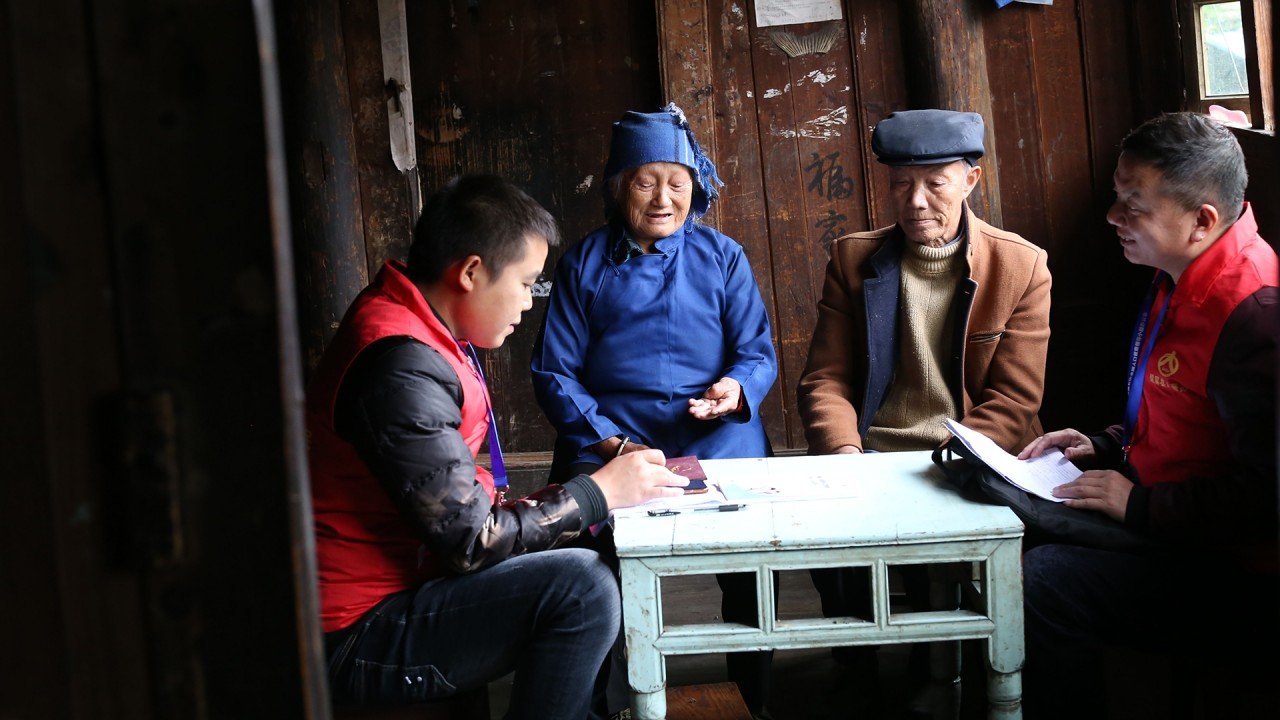
COVID-19, ageing population raises concerns over China’s ‘utterly deficient’ health infrastructure: Dissident

Washington [US], June 17 (ANI): The COVID-19 pandemic and 2021 national census have raised concerns over the alarmingly ageing population of China and “utterly deficient” health infrastructure, Jianli Yang, a Chinese dissident and son of a former Chinese Communist Party leader.
Jianli, in an opinion piece in Washington Times, said the rising aging population of China has increased the demand for unprecedented investments in the country’s health and elder care industries and the pandemic has exposed the gaps in the system.
The recently-released census revealed that “190.64 million people, or 13.5 per cent of China’s population, are 65 years or older, a sizable increase from 8.9 per cent in 2010”.
Six provinces of China have the maximum ageing persons, with over 14 per cent of the population over 65. They are Liaoning (15.17 per cent), Sichuan (14.17 per cent), Chongqing (14.1 per cent), Jiangsu (14.03 per cent), Shanghai (14.3 percent), and Shandong (14 per cent). Census projects estimate that the average proportion of 65-plus in these provinces will reach 30 per cent by 2050.
The census 2020 showed an alarming fall in the country’s fertility rate. According to the seventh nationwide census of 2020, China’s population has grown by merely 5.38 per cent over the last 10 years.
China’s birthrate has been on the decline since 2017, despite easing of the ‘one-child policy’ in order to avert an incoming demographic crisis.
Despite the relaxation of the one-child policy in 2016, the number of live births per 1,000 people fell to a record low of 10.48 in 2019, down from 10.94 in 2018. This has sparked fears of an impending demographic crisis.
Ning Jizhe, the head of China’s National Bureau of Statistics, said while releasing the data: “Aging has become a basic national condition of China for a period of time to come.” That, in sum, is the root of the CCP’s worries.
A China briefing says: “While it is typical for countries to age and birth rates to slow as they become more developed, as has been the case with Japan and South Korea, China is aging at a faster rate due in part to the one-child policy, which was eliminated in 2016”.
The big rise in the ageing population is already raising the demand for unprecedented investments in the country’s health and elder care industries, Jianli, who is founder and president of Citizen Power Initiatives for China, said.
“The pandemic anyway prioritized health care for China in 2020 after it exposed the gaps in the system. The data of the ageing population acts as an additional pressure to spur the government to invest more and at once,” he added.
Jainli contended that China public elder care facilities are not up to standard and those who are employed with purchasing power depend on private elder care services for the long-term facilities for their parents and grandparents.
The more the population ages, the more is also the demand for health tools, ranging from the pharma sector to medical appliances and devices and disability equipment, he said. (ANI)

















POST COMMENTS (0)